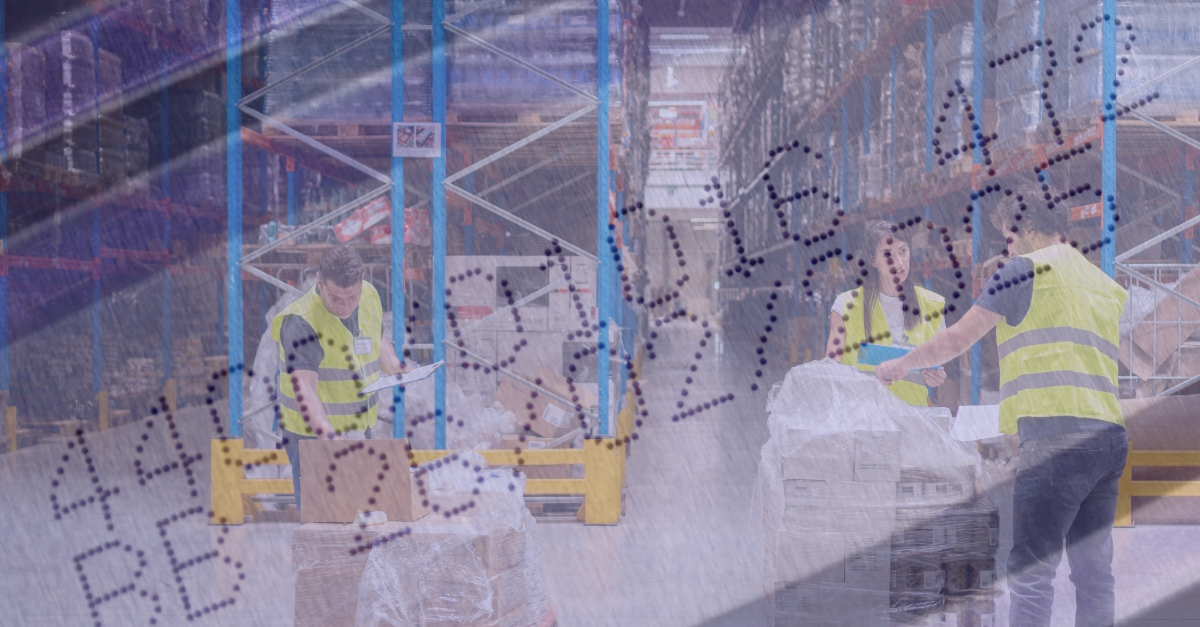LTL, for “Less-Than-Truckload”, is a transport method that allows several companies to share the same truck to ship their goods. Unlike FTL (Full Truckload), where a single customer charters an entire vehicle, LTL offers a more flexible and more economical alternative for intermediate volumes.
A logistics solution designed for intermediate volumes
LTL, for “Less-Than-Truckload”, is a transport method that allows several companies to share the same truck to ship their goods. Unlike FTL (Full Truckload), where a single customer charters an entire vehicle, LTL offers a more flexible and more economical alternative for intermediate volumes.
This approach is particularly aimed at:
- to businesses that ship regularly without reaching the volume of a full truck,
- to those who manage irregular or seasonal flows,
- for shipments between 45 kg and 4,500 kg,
- to structures looking for a better cost/service ratio.
An operation based on sharing
LTL transport is based on a flow consolidation model. The typical process consists of five steps: collecting goods from shippers, grouping into a platform, long-distance transport, deconsolidation in a hub close to the recipient, and then final delivery.
This model makes it possible to optimize routes, limit empty kilometers and reduce logistics costs. On the other hand, the deadlines may be slightly longer than for dedicated transport due to the additional steps.
Why LTL is gaining ground
The growing success of LTL is explained by its ability to meet modern supply chain challenges. It allows you to:
- reduce transport costs by only paying for the space actually used in the truck;
- gain flexibility, by adapting the volumes shipped to real needs;
- limit the environmental impact by optimizing the filling of vehicles;
- access a more extensive distribution network via transport partners;
- benefit from additional services such as real-time monitoring or delivery on time.
Amazon's entry into the LTL market
Amazon recently announced the expansion of its LTL service in the United States, after initial deployments in Europe, especially in Germany and the United Kingdom. This initiative aims to streamline shipments to its distribution centers while strengthening its position in the transport market.
The Amazon LTL offer is distinguished by:
- a logistics park of more than 60,000 trailers,
- an intuitive platform for comparing FTL and LTL options,
- scheduling features up to 14 days in advance,
- real-time tracking of shipments,
- algorithms for optimizing routes.
This rise in power reflects a real paradigm shift in the sector. By democratizing LTL, Amazon is forcing traditional carriers to review their offers and accelerate their transformation.
Stockoss: LTL expertise already proven
At Stockoss, the sharing of flows has been at the heart of our approach since our creation. We offer our customers logistics solutions inspired by the LTL model, allowing them to optimize their costs and organization while guaranteeing reliability and visibility.
Our method is based on several levers:
- the centralization of logistics resources, to intelligently group the needs of several customers;
- a personalized analysis of flows to identify the best opportunities for sharing;
- the selection of suitable carriers thanks to a network of more than 50 partners in France and Europe;
- advanced cost management to maximize savings without sacrificing deadlines;
- a technological platform offering complete traceability and seamless integrations with existing tools.
Pooling in the service of performance
The Stockoss model allows our customers to benefit from optimized occupancy rates, to adapt to volume variations without contractual rigidity, and to significantly reduce their carbon footprint.
Our logistical presence in France, Belgium, Spain and Germany allows us to orchestrate shared solutions on a large scale, with guarantees of quality and reliability.
Is LTL adapted to your business?
LTL represents a relevant solution for many businesses, but is not universally suitable. It is particularly suitable for structures with frequent but moderate shipments, with a certain flexibility on deadlines.
Conversely, FTL may remain more appropriate in cases where:
- the volumes fill a full truck,
- delivery times are very short,
- the goods are sensitive or fragile.
A vision shared by the most advanced players
The development of LTL transport by major players such as Amazon validates the relevance of a model that Stockoss has been implementing for several years. In a context where the pressure on costs and environmental challenges are stronger than ever, the sharing of flows is essential as an effective, responsible and economically viable response.
Do you want to know if shared transport is adapted to your business?
Our experts are at your disposal to analyze your needs and offer you a personalized logistics solution.

Discover how Motto transformed its logistics to support its growth and its change of model. Thanks to Stockoss, they have optimized their supply chain, reduced their costs, and gained flexibility, while centralizing their logistics management via an intuitive digital solution.




